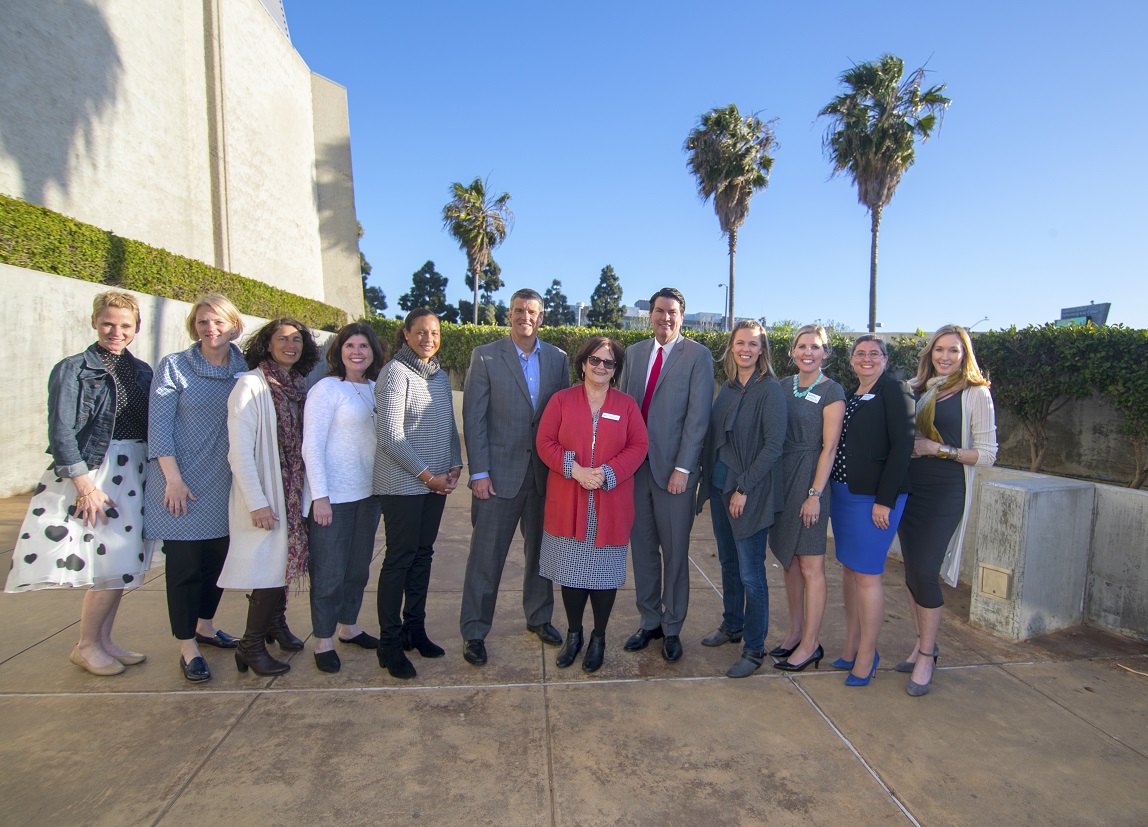by Jeff Green, BCHD Community Outreach Consultant
It’s not easy being a teenager. Never has been.
Way beyond oily skin and the first experience with heartbreak, there’s angst about tobacco, drug and alcohol use, bullying from peers, going through puberty and learning about sex, the battle to simply fit in, and parents who “just don’t get it.”
The degree of these societal and parental pressures has differed from one young and restless generation to the next, but some significant indicators reveal it’s actually getting tougher to be a teen. In addition to the usual travails, now toss in cyberbullying, not having enough Instagram, Snapchat or Facebook “likes” (seriously, a real problem everywhere), FOMO, college entrance requirements tightening and campus gun violence. What used to be an “Ozzie and Harriett” who-should-I take-to-the-prom world is becoming “13 Reasons Why” reality.
So how are Hermosa, Manhattan and Redondo Beach teens handling the bumpy passage to adulthood? A recent California Healthy Kids Survey (link) examined student mental health throughout California and found Beach Cities kids, in many ways, are struggling more to move beyond adolescence than their statewide peers.
According to the survey, when compared to students throughout California, Beach Cities teens report:
- Higher than average rates of alcohol and drug use – with use doubling as students transition from 9th to 11th grade.
- Higher than average rates of missing school in the past 30 days due to feeling very sad, anxious, stressed or angry.
- More than 20 percent of 11th graders binge drinking (five or more drinks in one sitting) within the last 30 days.
- Higher than average rates of cyberbullying, peaking in 7th grade.
“For more than a decade, BCHD has had success supporting schools in their efforts to promote physical health,” says BCHD CEO Tom Bakaly. “Over the last year, though, we’ve expanded our scope to provide programs and services that promote student mental health. The pressures and stress of teen life are real and multiplying in our backyard and across the country. And alarmingly, we’re seeing these pressures being expressed by students through detrimental behaviors like substance use.”
The Centers for Disease Control and Prevention reports suicide is the second-leading cause of death for ages 10-24, with 157,000 young people now treated annually for self-inflicted wounds.
To combat this startling trend, BCHD recently hired a social-emotional health coordinator, character and skill-building programs are being expanded at schools and advisory panels of school administrators, local mental health providers, students and parents have been convened to focus on student stress and substance use. BCHD also partnered with local nonprofit South Bay Families Connected to expand the Family Connected Speaker Series, monthly parent education events that have so far edified nearly 2,000 South Bay moms and dads through discussions with educators, local counseling pros, national parenting experts and law enforcement officials.
“It’s contact-based, reality education,” says Bakaly. “The Series is designed to help parents have some difficult conversations with their kids. They have to be aware and involved. They have to be the best parent, not the best friend.”
The Families Connected Speaker Series, with topics including substance use prevention, empathy, purpose, stress and social media, is presented by BCHD and South Bay Families Connected, in partnership with the Hermosa Beach City School District, Manhattan Beach Unified School District and Redondo Beach Unified School District. The free series for all South Bay parents has featured national parenting expert Michelle Borba, “Cyber Cop” Clay Cranford, former Dodgers’ player Eric Karros and Denise Pope of Stanford’s Challenge Success. Additionally, a weekly “Parent Chat” support group is offered at BCHD in partnership with Torrance Memorial’s Thelma McMillen Center, every Monday at 10 a.m.
In May, BCHD will convene the State of Youth’s Health: Stress & Substance Use Summit, bringing the community together for a conversation on how to address mental health concerns in the student population.
“One of our highest priorities is to create an environment that encourages health, balance and resilience for students,” said Dr. Michael Matthews, superintendent at Manhattan Beach Unified School District. “When teachers, counselors, parents, administrators and board members work together to prioritize the social-emotional wellness of every student, we give them the tools to succeed at school … and at life."




